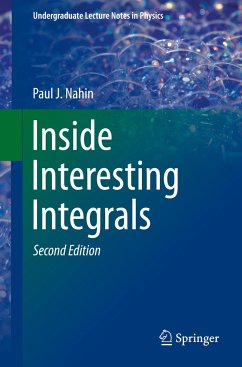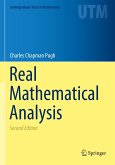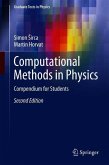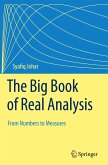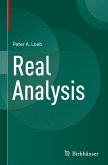What's the point of calculating definite integrals since you can't possibly do them all?
What makes doing the specific integrals in this book of value aren't the specific answers we'll obtain, but rather the methods we'll use in obtaining those answers; methods you can use for evaluating the integrals you will encounter in the future.
This book, now in its second edition, is written in a light-hearted manner for students who have completed the first year of college or high school AP calculus and have just a bit of exposure to the concept of a differential equation. Every result is fully derived. If you are fascinated by definite integrals, then this is a book for you. New material in the second edition includes 25 new challenge problems and solutions, 25 new worked examples, simplified derivations, and additional historical discussion.
What makes doing the specific integrals in this book of value aren't the specific answers we'll obtain, but rather the methods we'll use in obtaining those answers; methods you can use for evaluating the integrals you will encounter in the future.
This book, now in its second edition, is written in a light-hearted manner for students who have completed the first year of college or high school AP calculus and have just a bit of exposure to the concept of a differential equation. Every result is fully derived. If you are fascinated by definite integrals, then this is a book for you. New material in the second edition includes 25 new challenge problems and solutions, 25 new worked examples, simplified derivations, and additional historical discussion.

